EDITORIAL
Published on 25 Feb 2025
Editorial: Gut microbiota in health and disease
doi 10.3389/fgstr.2025.1568509
- 462 views
20k
Total downloads
83k
Total views and downloads
EDITORIAL
Published on 25 Feb 2025
ORIGINAL RESEARCH
Published on 26 Apr 2024
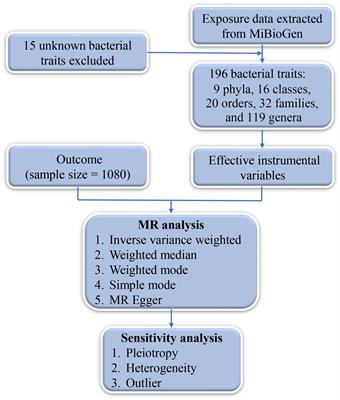
CASE REPORT
Published on 27 Mar 2024

BRIEF RESEARCH REPORT
Published on 16 Jan 2024

ORIGINAL RESEARCH
Published on 09 Jan 2024
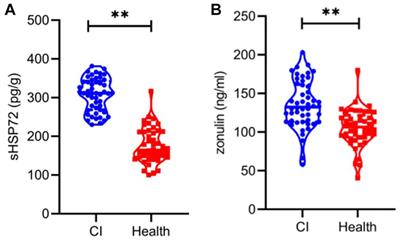
ORIGINAL RESEARCH
Published on 23 Nov 2023
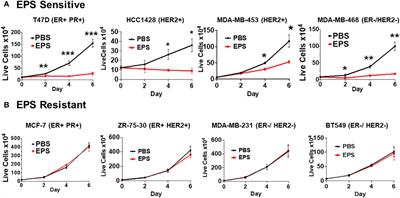
ORIGINAL RESEARCH
Published on 14 Nov 2023
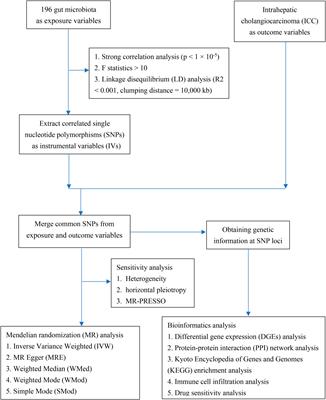
REVIEW
Published on 02 Nov 2023
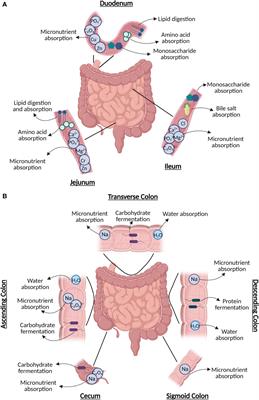
PERSPECTIVE
Published on 01 Nov 2023
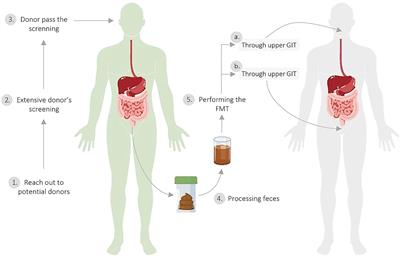
REVIEW
Published on 30 Oct 2023
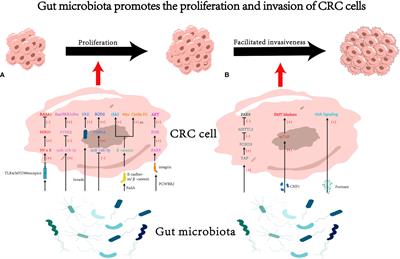
REVIEW
Published on 16 Oct 2023
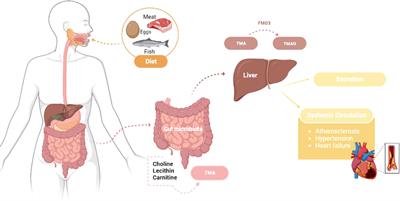
MINI REVIEW
Published on 08 Sep 2023

